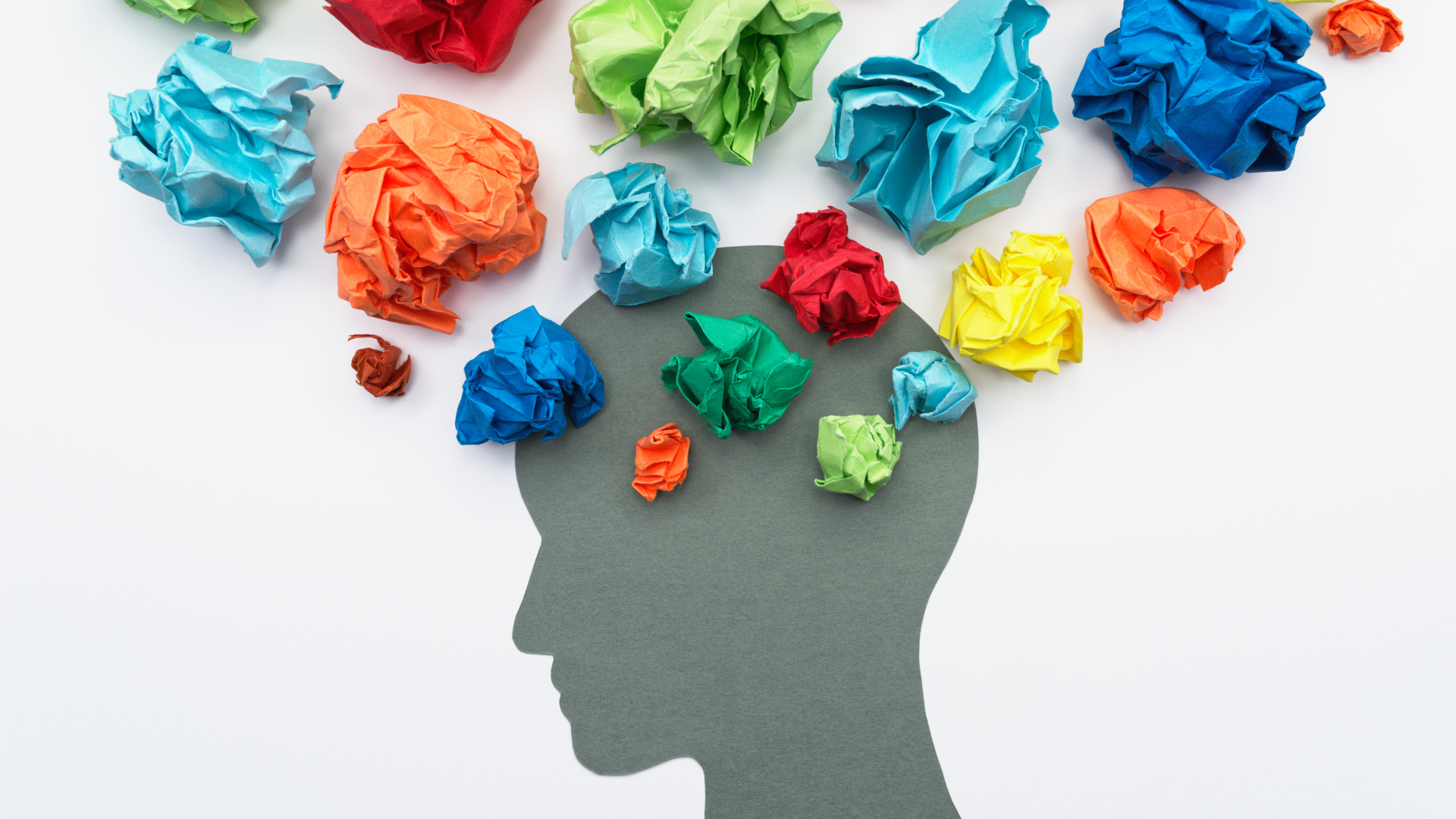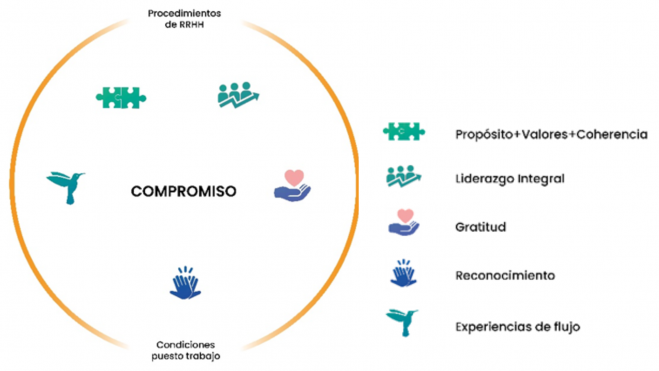We ended the previous article by saying that the battle for mental health is played primarily in the field of emotions, values, attitudes, authenticity, not in the field of cognition! It is very difficult to overcome a mental health problem from the mind.
We need others, a connection with something and someone, to feel "part of". And all this is part of the psychological strength and maturity that business experts are already beginning to consider as very important to be able to live positively the distance, the continuous uncertainty, the "always on", the remote work or teleworking in a continuous and continuous way.
When will there be a real end to individualism?
Top business consulting experts such as Yves Morieux, director of BCG, tell us that productivity and engagement have been falling for decades. Neither automation nor the internet have improved them. Probably because environments are becoming more and more complex. And in many companies, instead of seeking open systems of collaboration, they continue to insist on individual forms of work productivity, which is how work was distributed and measured in a production line.
There has been an insistence on measuring individual "performances" and making individual "appraisals" and although this is often not the intention, what is actually being done is to perpetuate competitive leaderships. As well as aggravating root causes of mental ill-health such as isolation and competitive ways of working, as opposed to collaboration and cooperation.
If everything is measured in individual terms, then why would people want to collaborate or cooperate? What is in it for them?
In order to increase collaboration and engagement and strengthen mental health, we must start to recognise and value ourselves above all for what we bring to the team, to others and less individually.
Seeing and measuring things in a much more systemic way, as in a relay race where the role of each runner in each leg is different and contributes different things to a team achievement.
Activating new forms of work as a priority and relegating others to the background
Model of the 7 Crowbars of the Commitment© 2022
In order to make this possible, forms of work that have been secondary until now need to be activated:
-
Thankfulness, gratitude because it is one of the emotions that most exponentially connects us to others and to the world.
-
Recognition
-
Transparency and coherence of values with the mission or purpose of the project. That the values and competencies really put in value the behaviours of collaborating.
-
This coherence must be genuine. It is not enough for the company to establish a purpose that seems very cool to all employees, if they might see it as meaningless to them and they would be better off with less bullshit and fewer hours.
-
Activate flow states which are what athletes call "the zone", which is where talent and passion and challenges meet. It is impossible to feel flow states working 20 years doing exactly the same thing.
-
And empowering self-leadership with the neuroscience and emotional and heart intelligence that will enable us to shift more exponentially towards collaboration.
-
Although it seems redundant to say it, it is worth saying that dealing with mental health in the context of the hypersonic speed of change at the level of environment and technology will no longer be possible within a strictly regulatory framework and organisations such as the WHO.
-
It will simply no longer be possible, for example, to take 74 years to recognise a syndrome such as burnout as a work-related problem, which after decades of being suffered by millions of people only came into force in the latest revision of the International Classification of Diseases on 1 January 2022.
-
Full mental health is increasingly at stake in the field of dynamic organisations that develop projects integrating emotional well-being, self-leadership, the opportunity for each person to contribute to the project or organisation, to be fruitful and to be recognised for it. Everything else is survival.


